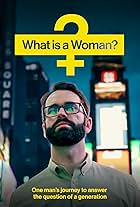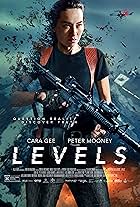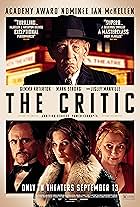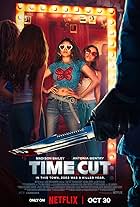The documentary is very important and powerful in the way that it is uniquely accessible and moving:
Like Manny, I think the viewer is similarly on a difficult journey. With that said, the film is "accessible" because it is humanized by the family, whom offer relief and levity. Also, the viewer may align themselves with particular family members whom they may perceive to process this journey similarly. For young people, this may be the case with Manny's grandson, which may be very helpful.
The film is particularly "moving" as it very effectively illustrates man's inhumanity to man in an unfictionalized and intimate way. As Manny shared when he watched films about the Holocaust, "it was not that way". Although we can exercise the suspension of belief when we watch scripted film's like "Schindler's List", it is still in the end just "a movie". As such, we walk away from the theater, although we are effected, we may not necessarily deeply accept and process the reality of the inhumanity we have just witnessed. In the case of this documentary, the viewer must absolutely process the reality of Manny's experience and in that way it is (for me) uniquely deeply moving and impactful.
In my case, the film reminded me of "the luck" of some of my struggles (heart transplant, etc) and in that way called me (and reminded me) to continue to celebrate the joy and abundance of my "second chance". I feel in many ways, I very happily share Manny's optimism and providence. ;)


















